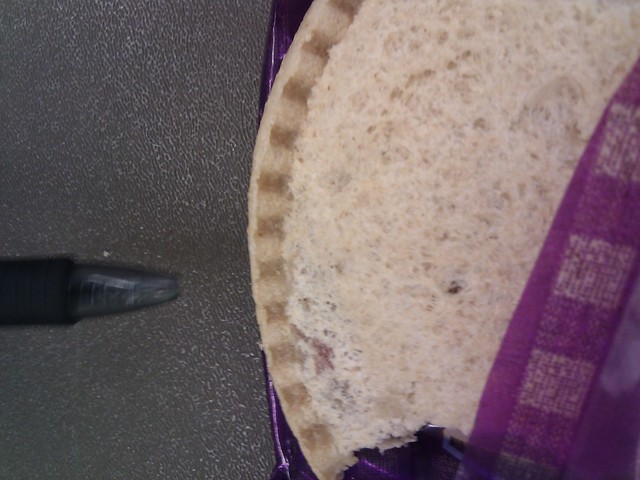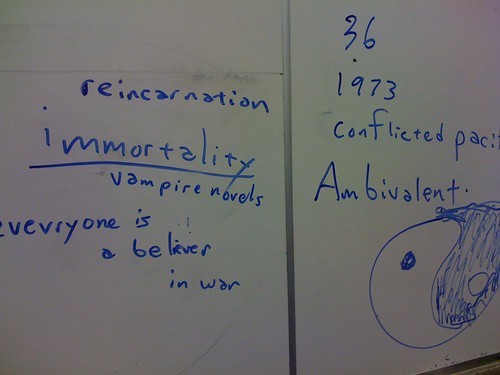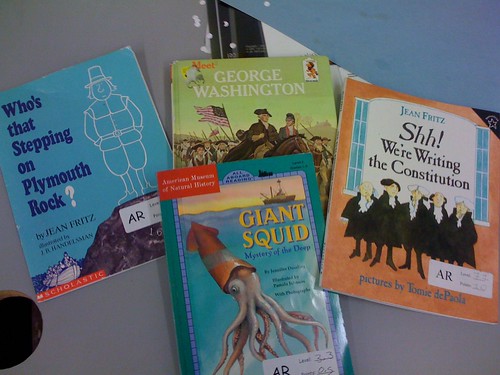
Two weeks ago I was announced as one of the Department of Education’s Teaching Ambassadors. I spent a week in Washington D.C. with an impressive cohort of other Fellows and I can’t be more excited for what I think this national collective can accomplish.
As a Classroom Fellow, I’ll still continue to teach at Manual Arts and I am still in the midst of my graduate work as well. So what does this mean? While the job itself helps bring me closer to policy discussions about education, I’m also interested in delving into ways to represent youth voice in the policy decisions being made on their behalf. The position itself is open ended in that I am actively looking to connect my local networks of educators, researchers, students, and parents with these larger discussions. To this end, I am explicitly asking you to reach out if you want to discuss current education initiatives, provide feedback, or simply ask questions. The big emphasis, right now, is on the Reauthorization of the Elementary and Secondary Education Act (ESEA) – I am happy to help provide more information or guide conversation around the Blueprint if you, your school, or your local group is interested.
I also need to make it clear here, on my various social networks, and in person that anything I am writing here – unless explicitly stated – does not represent the views of the Department of Education. This blog will still maintain the unclear musings I’ve been focused on for the past few years. The Department of Education is not paying me to maintain this blog, rant elsewhere, or make inane comments in faculty meetings. At the same time, I am still going to be critical of national legislation if it doesn’t seem to meet the needs of my students. Again, though I will often represent the Department of Education or present current legislation, I will make it clear when I am representing their views versus when I am not.
I see a tremendous potential for the local urban communities I’ve been working within to extend their voices and agency through this yearlong position. I am really looking for other interested educators to reach out and share ideas on how to utilize the positive resources this position can provide. While I am wary of some of the things the Department of Education is working on, I’d like your help in voicing these concerns, in suggesting alternative pathways, and in proposing new initiatives. Let’s get to work.
Tell people this is awesome:







